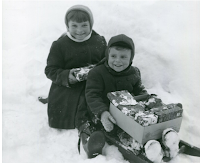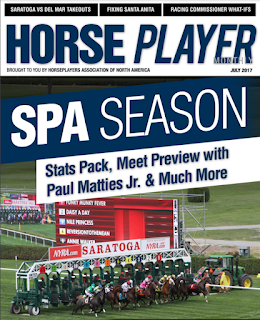Around 1800, Robert Malthus, an English mathematician, wrote a document called Essay on Population. The tome explored a theory that population growth inevitably causes all kinds of problems because there are limits to what the earth can provide, i.e. useable land to live, and in-turn shelter, housing and food. In effect, the more people alive the more misery there is because we'll run out of everything.
This was the science of the day and it has been used throughout history, at times, in harsh ways. Famines were not stopped (it was culling the herd, mostly with poor people), right on through the basics of eugenics, which was embraced by not just the usual suspects. Today, some on the fringes of the environmental movement cling to Malthusian dogma.
As we all know - for the most part at least - it was a load of crap. The world does not stagnate, it evolves and innovates. Wealth is not a static number; a plot of land does not hold static yields of harvest; today's world looks nothing like yesterday's.
Over the years as you and I watch horse racing operate, it's not too out of bounds to proclaim that if the sport had a commissioner, his name might've been Malthus.
The sport of racing has this pot of handle money - say $10 billion - that never really moves, and every decision seems predicated on protecting it. If that anchor number drops to $9.9 billion, we wonder if people have died off, or are sticking that hundred million under their mattress. If it's a hundred million over $10 billion, something wacky happened.
The sport has thought like this since seemingly forever.
Take the carve out for racing for Internet wagering way back around 2006. Twinspires was built to try and get a share of the ten billion, and so was youbet and everyone else. In fact, Churchill took over youbet to get their share of the ten billion that Churchill didn't have.
When Churchill - not to pick on them, this is any large sized entity, really - saw an opportunity to get more of the static number, they withheld signals for say the Derby, or their tracks. Yes, let's not promote wagering properly to hungry bettors over the net so we can get more of that Malthusian anchor.
In turn, horsepeople groups were upset that Twinspires was taking more of the ten billion for their internet betting arm, which paid them less than on-track. So they lobbied, withheld signing signal deals and were generally recalcitrant, trying their best for their share of that ten billion.
Over in racetrack land, when someone created a jackpot bet, it was about getting a bigger share of the ten billion number. And in response, another track created a jackpot bet, to get a slice of the other track's slice of the ten billion dollar number. Others followed until they sliced and diced a number that is now likely less than they started with.
Meanwhile, customers haven't in general terms fallen off the turnip truck and see what's been going on. And when that happens, this static ten billion dollar number the sport has been anchored to is not ten billion anymore. Why would it, they've been left behind.
For 2022 and beyond, my wish for the sport is that it starts thinking dynamically, not in static, anchored terms.
Pick a number, any number - $15 billion, $30 billion - and ask "how can this sport get there?". How can it grow wealth, not sit on its capital and argue over splits; how it can move from board meetings about the status quo, to those about what's possible.
Malthus was a smart man, and by most accounts a good man, but it shows how blinkered thinking can corrupt us. When we think there's an end to the earth, an end to a universe, or the end of a customer base, we end up getting exactly what we plan for.








